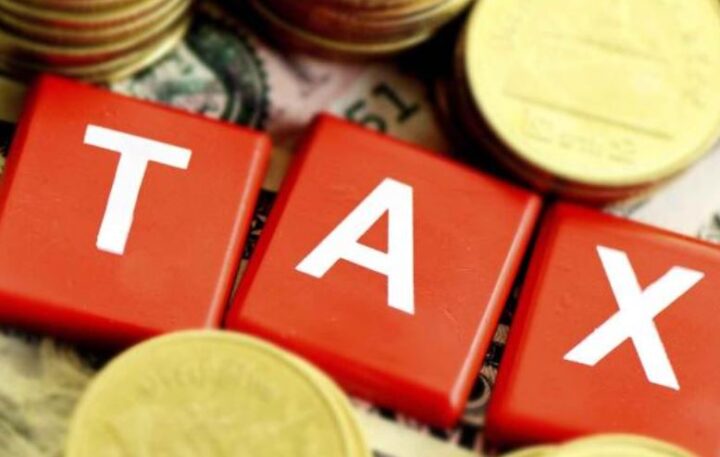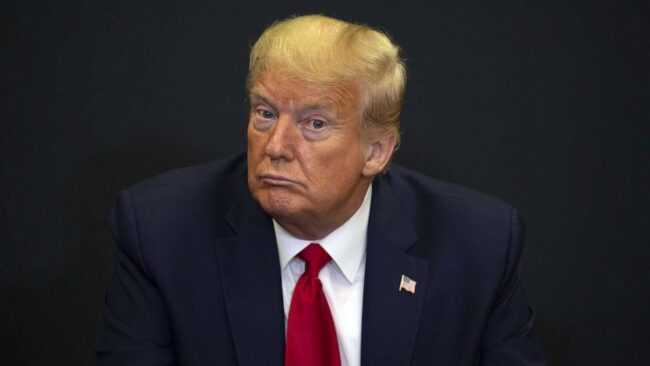BY TUNDE ESAN
There is so much elation in Nigeria over the cancellation of payment of personal income tax by workers earning the national minimum wage or less by the Finance Act 2020 which has been assented to by President Muhammadu Buhari.
The commentaries have come in thick and fast from experts and laymen. It is imperative however to view the import of the pronouncement from the standpoint of extant laws on the subject matter law.
Section 30 of the Finance Act 2020 amends Section 37 of the Personal Income Tax Act which deals with a charge on income by introducing a proviso which exempts any person in any year of assessment who earns the national minimum wage or less from employment from payment of the minimum tax.
Advertisement
The provision is not ambiguous as to the exemption from payment of tax by any person who earns the national minimum wage or less from payment of personal income tax but it becomes more convoluted when an interpretation has to be given to what constitutes minimum wage, what is the definition of an employee who can take advantage of this provision of the law, what are the exemptions thereunder and the steps open to the state governments who stand to lose huge tax revenue from the enforcement of this provision of Finance Act 2020.
In the first instance and as stated in the Finance Act 2020, the act does not define what constitutes the national minimum wage. Section 31 of the Finance Act 2020 refers to the national minimum wage as the minimum wage as set pursuant to extant National Minimum Wage Act and the Minimum Wage Act 2019 is the extant law on this matter.
Section 3 (1) of the National Minimum Wage Act 2019 compels every employer to pay a wage not less than the sum of N30, 000.00 (Thirty Thousand Naira) to the least earning employee in its establishment. The rancour that ensued between the federating states and the federal government as to whether the central government through the national assembly can legislate applicable minimum wage payable by the states is not the subject of this article but it is a moot point in a democracy.
Advertisement
The National Minimum Wage Act then exempts many categories of employees from the set of workers eligible for the receipt of a minimum of N30,000.00 (Thirty Thousand Naira) as their monthly minimum wage such as part-time workers, employees in organizations employing less than twenty-five (25) employees, workers in seasonal employment, individuals paid on a commission basis and persons employed in a vessel or an aircraft to which the laws regulating merchant shipping and aviation.
It is arguable that since the provisions of National Minimum Wage Act exclude these categories of workers in such establishments/ employments from those to whom the provision on payment of national minimum wage is applicable, these categories of workers cannot benefit from the provision of Section 30 of the Finance Act 2020 on non-payment of the minimum wage since the primary act regulating the national minimum wage is the National Minimum Wage Act 2019 and not the Finance Act 2020.
The question that arises is: outside of the workers in the employment of state governments, how many establishments employ up to twenty-five employees in Nigeria today? If the provisions of the National Minimum Wage Act do not regulate the payment of what constitutes national minimum wage, can the Finance Act 2020 regulate the payment or non-payment of personal income tax to someone whose earnings are not regulated by the Minimum Wage Act?
Would the interest of employees have been better served by a simple amendment stating that any person earning the sum of N30, 000.00 (Thirty Thousand Naira) or less from any employment whether part-time, seasonal or howsoever described is exempted from payment of any personal income tax?
Advertisement
Since the Finance Act has become an omnibus annual act accompanying the Appropriation Act, would it serve a better purpose to reflect the exact figure constituting the minimum wage in the act every year instead of ceding so much control to the National Minimum Wage Act?
The beneficiaries of personal income tax are the state governments to whom the personal income tax of resident taxpayers is remitted. The federal government benefits very little from the payment of personal income tax save for the personal income tax of members of the armed forces, the paramilitary institutions and persons in the diplomatic corps.
The provision of the Finance Act 2020 may sound altruistic on the part of the federal government but it leaves a dent on the tax revenue accruable to the states. The states can easily deal with this by increasing the minimum wage payable by the states by N12, 000.00 (Twelve Thousand Naira) per annum to the least paid worker thereby taking it outside the gamut of national minimum wage as defined by the 2019 Act.
It is better for a state to lose N12, 000.00 (Twelve Thousand Naira) per annum on increased salary than a tax revenue of N21, 000.00 (Twenty-One Thousand Naira) on the first N300,000.00 (Three Hundred Thousand) of a minimum wage earner of N360,000.00 (Three Hundred Thousand Naira) per annum.
Advertisement
An overview of the Finance Act 2020 calls for better drafting of revenue statutes. While there is a gradual shift to the intendment of a tax statute by the courts, the prevalent interpretation of tax statute is still literal. This may be one case where the intention of the federal government, altruistic or populous, may have failed as a result of inelegant drafting or insufficiency thereof as would lead to easy avoidance by the governments of the federating states, employers in the exempted categories and no reference was made to individuals who are self-employed and generate less than N30,000.00 (Thirty Thousand Naira) per month.
Advertisement
Add a comment






